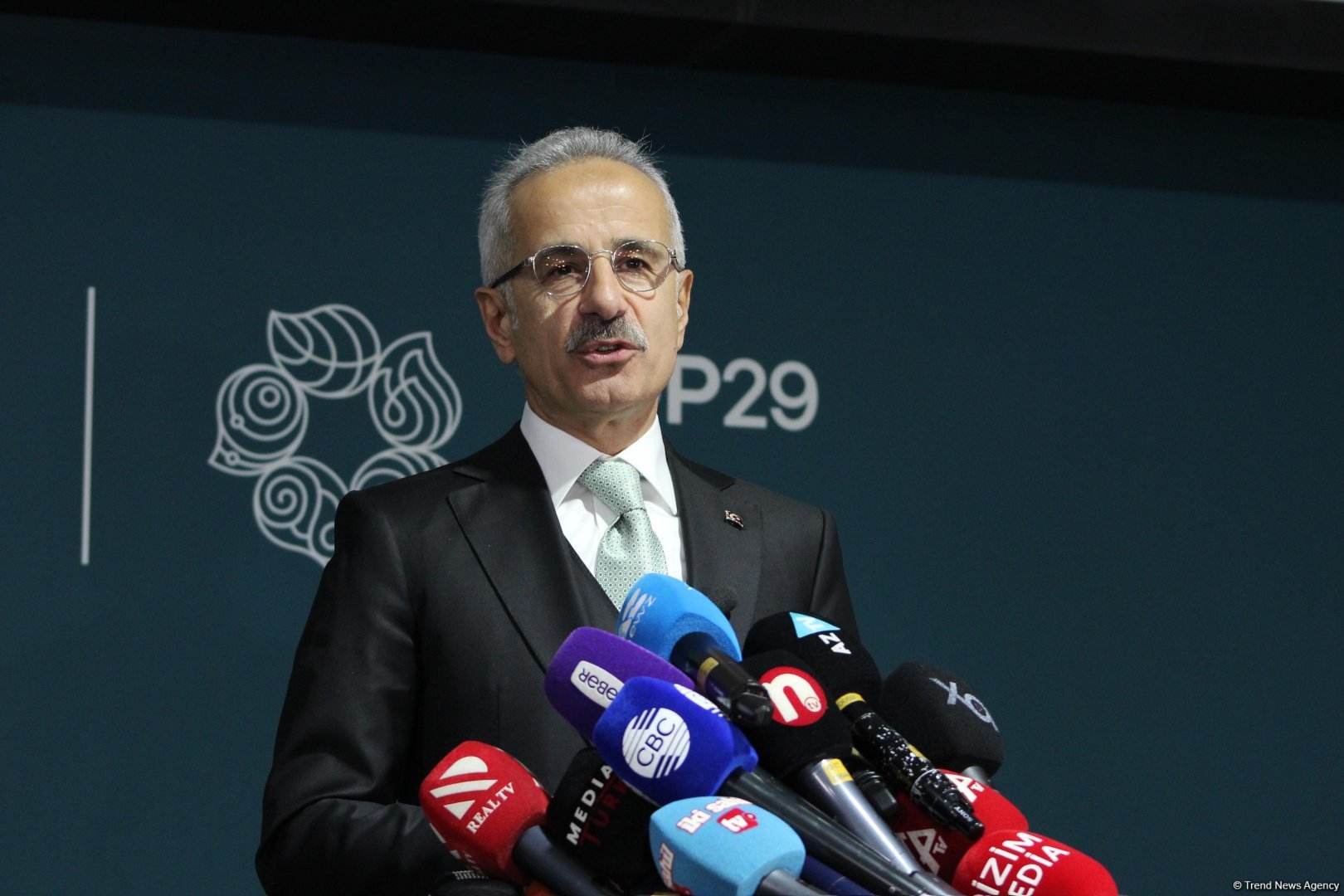Indeed, Anderson — elected in 2019 after defecting from Labour — may be tapping into wider Tory sentiment.
An Opinium poll of Conservative Party members released Wednesday by the advocacy group Hope not Hate found that more than half (58 percent) believe Islam is a “threat to the British way of life.” A further 40 percent of members said they have a “negative” view of Muslims.
When it comes to the wider public, however, Conservative members — overwhelmingly older and whiter than Brits in general — are not representative. A snap YouGov poll after Anderson’s suspension found that many more Brits think the Conservatives were right to suspend him than wrong.
“It will hurt the Conservative Party more than it helps, especially in London. And it will broadly hurt them in blue wall places,” said Sunder Katwala, director of the British Future think tank that examines heritage and diversity. (The term “blue wall” is shorthand for southern England seats that tend to vote Conservative but now look winnable by the Liberal Democrats.)
Katwala added, however, that the issue could be a boon for Reform U.K., the challenger populist party set up by Brexiteer Nigel Farage aiming to peel away voters from the Conservatives’ right flank. Anderson has publicly flirted with joining Reform, but says he has no intention of doing so.
A party gripped
The row has resurrected a long-dormant Tory debate about the term “Islamophobia,” which is not officially defined in the U.K. Labour leader Keir Starmer has accused the Conservatives of failing to tackle the issue and of harboring “extremists” in the party.





















Discussion about this post